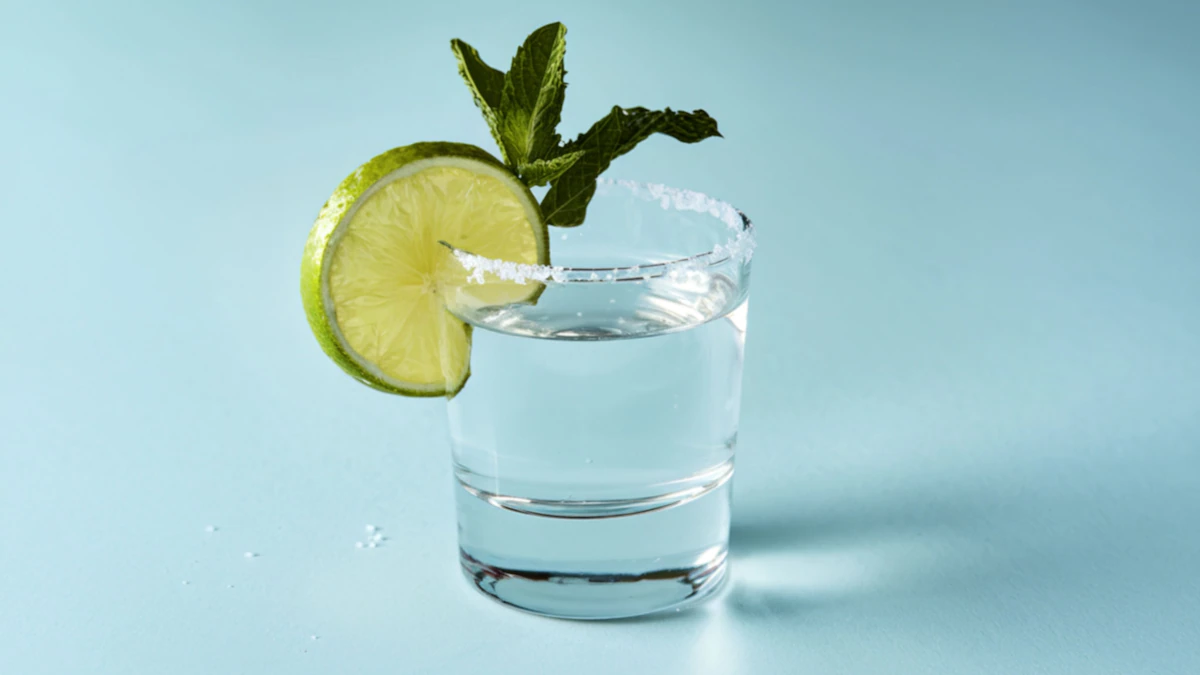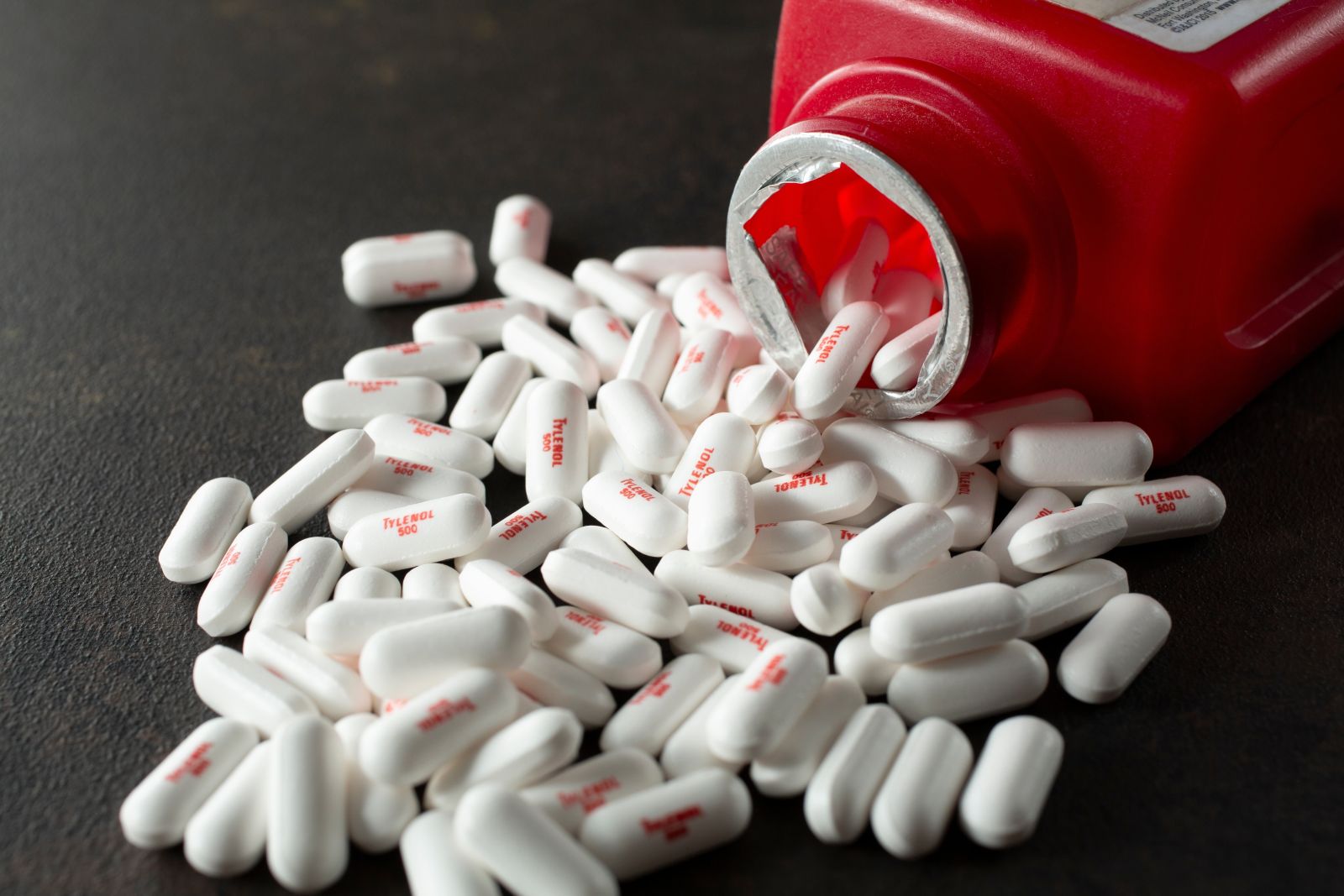Copyright National Geographic

There are several unwritten “rules” when it comes to alcohol: whiskey makes you aggressive, wine turns you emotional, and tequila? It’s the devil in a bottle. But in recent years, tequila’s reputation has shifted. Once the fuel of spring-break regrets, it’s now touted as the “cleanest” option at the bar—low-calorie, additive-free, and even hangover-proof. But is there really such a thing as a healthier alcohol? David Jernigan, assistant dean of public Health at Boston University, argues no: “When marketing a product that inflicts human harm, you must do everything possible to create a halo effect.” That strategy works, he adds, because most people overestimate how healthy their drinking habits really are. So how much truth is behind tequila’s clean image—or any claim that one kind of alcohol is better than another? Here’s what science says. Myth #1: Tequila gets you the drunkest It’s true that distilled spirits can get you intoxicated more quickly than wine or beer, but only if consumed in larger quantities or more quickly. Chemically, tequila isn’t any more intoxicating than other alcohols. A standard drink contains roughly the same amount of ethanol—the compound that causes intoxication—no matter what form it takes, whether it’s 12 ounces of beer, 5 ounces of wine, or 1.5 ounces of distilled liquor, according to the U.S. National Institutes of Health. What does make a difference are personal factors such as weight, genetics, age, gender, medications, and food intake. For example, chugging liquor on an empty stomach will spike your blood alcohol level far more quickly than slowly sipping a glass of wine. (When you go sober for even a month, your body will change. Here’s how.) LIMITED TIME OFFER The idea that tequila—or any liquor—“hits harder” mostly comes down to serving size and perception. While the “one drink equals one drink” rule is helpful in theory, it’s less reliable in practice. Pours at bars can vary, wine glasses are often oversized, and most people don’t measure what they’re drinking. That inconsistency (not the alcohol type) leads people to think tequila or other spirits are stronger. Myth #2: Tequila is hangover-proof While darker spirits like whiskey and bourbon typically contain more congeners—chemical byproducts of fermentation and aging that can worsen hangover symptoms—that doesn’t mean swapping your old-fashioned for tequila will keep you headache-free. Any alcohol disrupts sleep, dehydrates the body, and interferes with metabolism. (What’s worse than a hangover? Hangxiety. Here’s why it happens.) “Many hangover symptoms stem from lingering acetaldehyde, a toxic byproduct of alcohol breakdown,” explains Brooke Scheller, a doctor of clinical nutrition and author of How to Eat to Change How You Drink. Acetaldehyde builds up when the liver’s ability to process alcohol is overwhelmed, triggering inflammation, oxidative stress, and the release of cytokines—immune molecules that contribute to headache and fatigue. That’s why hydration or sugar content matters less than total ethanol load and metabolic rate. Myth #3: Tequila and wine have health benefits Part of tequila’s new “wellness” glow comes from confusion about where it comes from. The blue agave plant, from which tequila is made, contains natural sugars called agavins. These are non-digestible carbohydrates that act like dietary fiber and have been studied for potential benefits, such as supporting gut bacteria and regulating blood sugar. But here’s the catch: agavins don’t survive the tequila-making process. During fermentation and distillation, the sugars are converted into ethanol. The healthful compounds that exist in the plant are destroyed long before your margarita hits the table. (If you’re going to drink, what’s the ‘healthiest’ way to do it?) Red wine earned a similar health halo thanks to antioxidants, like resveratrol, which have been linked to heart health. But newer research shows that the studies that linked resveratrol to heart health used concentrations far exceeding what’s present in wine, equivalent to consuming hundreds of glasses. As Scheller puts it: “Alcohol is a toxin. The harms outweigh any marketed benefits.” Myth #4: Vodka and gin are the “cleanest” options Vodka, gin, and tequila are often marketed as “clean” because they’re distilled or made with natural ingredients. But the term “clean”isn’t regulated by the Alcohol and Tobacco Tax and Trade Bureau (TTB), meaning it has no official production standard or health implications. Some spirits may be lower in sugar or free of additives, but ethanol, no matter how distilled, still damages the liver, brain, and cardiovascular system. Myth #5: Beer is less harmful than hard liquor People often see beer and wine as “safer” because they don’t seem to hit as hard or as fast—but that’s mostly due to volume. Studies show that beer and wine are absorbed more slowly than spirits, leading to a lower peak blood alcohol concentration. This is largely because their higher water content slows absorption and drinking speed. (Eightthings we’ve learned about how alcohol harms the body.) Sugars, carbonation, and even the temperature of a drink can change how quickly ethanol enters the bloodstream. Carbonated drinks like beer or champagne can potentially accelerate absorption by relaxing the pyloric valve—the gate between the stomach and intestine—allowing alcohol to reach the bloodstream faster. So, which alcohol is “better for you?” According to the World Health Organization, none. A 2024 report found that even at lower levels of drinking (more than seven drinks per week), there is a measurable risk of death and disease, and that the type of alcoholic beverage doesn’t make a meaningful difference.



